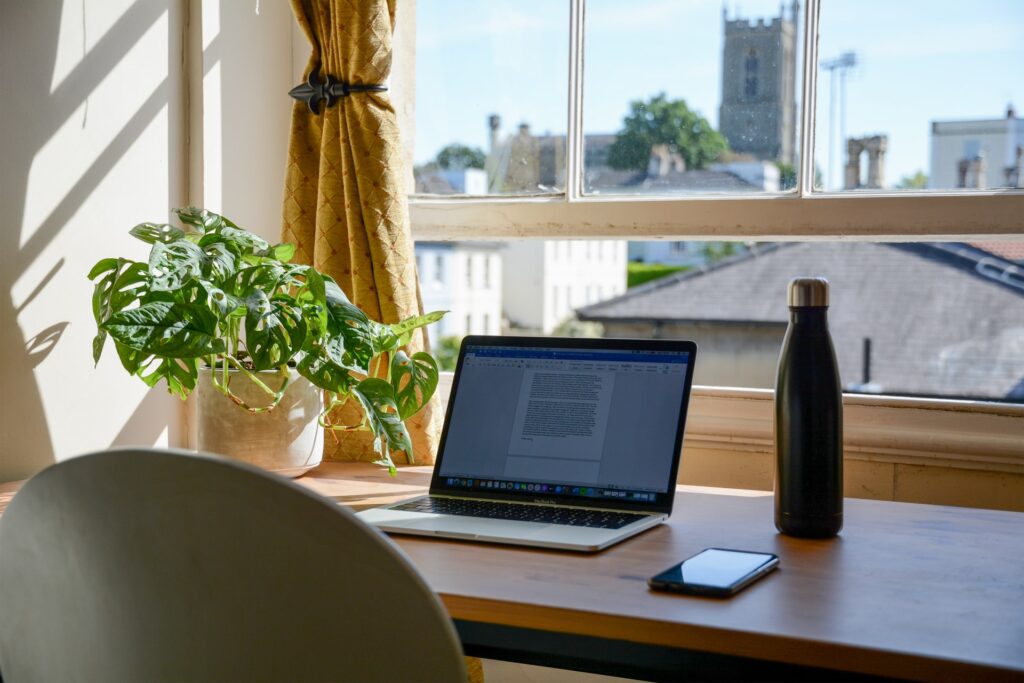As official health reports continue to suggest that an FDA-approved vaccine will be imminently available, the world now braces for a second act to our quarantined existence. Waiting until the summer months to “return to normal” feels both tantalizingly close and dauntingly out of reach, and the question of what will be considered “normal” lingers in the air.
Like so many institutions and organizations, Project Vox adapted to new ways of working when our campus closed in March. While we were well accustomed to working with file-sharing tools like Box, meeting fully remotely using video-conferencing tools was new territory. While challenging in many ways, working and meeting remotely have also provided more equitable avenues for engaging with outside scholars. Vox has for the first time embarked on long-term, meaningful research collaborations between external scholars and our core team at Duke. Given the success of this work so far, we hope that remote collaboration will, at least in part, become “normal” here at Project Vox.
As we prepare to publish two new entries on women philosophers in the spring, Project Vox has worked closely with Sofia Ortiz-Hinojosa, Sergio A. Gallegos Odorica, and Sandra Lindblom. With Sofia and Sergio based in New York and Sandra living in Stockholm, Sweden before moving to Cambridge, England, such collaborations would not have been possible without working virtually. These scholars, experts in their respective fields, have provided not only invaluable perspectives to research but also mentorship for the undergraduate and graduate students on our team. Having scholars simultaneously contribute to the site and engage in meaningful discussions during team meetings has provided a dynamic space for Duke students to learn and grow throughout the year.
Jackson Cooksey, a third-year undergraduate student majoring in economics and philosophy at Duke, has shared how remote collaboration has directly affected his research and his working with a humanities team, as well as some reflections for the future:
—
“Transitioning from working collaboratively in the same physical space to a digital space was a tricky endeavor. Previously, much of the research done on the team happened in the same room. We shared books and papers physically, as well as meeting in team meetings. After transitioning online, we had to find a way to continue working and collaborating through different medium.
“We used online platforms to collaborate on our writing as often as we could. Primarily, we used Google Docs and Google Drive to write most portions of our entry. This allowed all team members to see what was being written in real time, and offer comments that each team member can see. We scheduled regular team meetings in which the team brought updates about what they were working on, and also shared any hiccups or difficulties they had. This allowed the team as a whole to address problems together, and find ways to tackle them. We also discussed research hints, some best practices, and strategized about how to move forward. These meetings were integral to ensure that each team member knew what task they should be working on, and created a support structure to enable the project to proceed in all areas.
“The transition to working and collaborating online has been relatively smooth for our team. On top of being a learning experience, it highlighted the need for good organization and good scholarship in general. These two things are imperative for working on research remotely. It is my hope that the success of our remote endeavor is reflected in a quality philosopher entry in the future.”
—
Project Vox has also benefited from contributions and collaborations with scholars since the platform’s launch in 2015; from essay translations to syllabus submissions and classroom integration, Project Vox has become a central hub for collaborative humanities discourse. Even during the pandemic we have responded to questions and suggestions from our audience, accepted critical translations for review, and published thoughtful and engaging posts from scholars like Céline LeBoeuf, Rebecca Buxton, Jacqueline Broad, and Catherine Sutherland on our blog. Such sterling work on underrepresented figures is a humbling reminder of the importance of this research, especially during difficult times.
The pandemic has necessarily highlighted aspects of life that are most precious: community, togetherness, kindness, and health. Despite being separated physically, Project Vox has been able to foster all these aspects in a myriad of settings for its team members and collaborators. We have been able to cultivate an inclusive and safe environment for one another while working remotely, and have thus maintained meaningful productivity as a result. While the pandemic is far from over, I hope team members and readers alike can find solace in the community of Project Vox.
Nicholas Smolenski is a PhD Candidate in Musicology at Duke University. He currently serves as Project Manager and Managing Editor for Project Vox (2020–2021).


